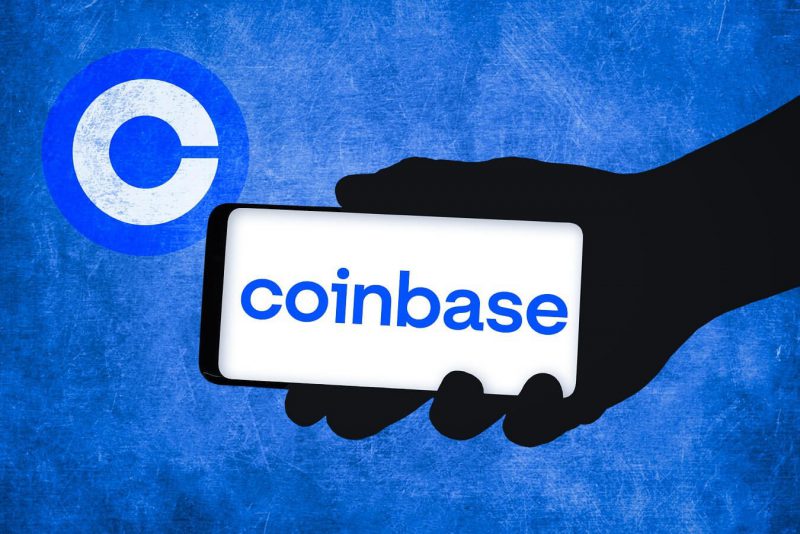Coinbase will begin delisting non-compliant stablecoins that do not match new MiCA rules, including USDT, and complete the process by the end of 2024. Coinbase Global Inc. recently disclosed the plans in direct response to the European Union’s new MiCA regulations that will take effect on December 31.
“Given our commitment to compliance, we intend to restrict the provision of services to EEA users in connection with stablecoins that do not meet the MiCA requirements by December 30, 2024,” a Coinbase spokesperson said in a statement on Friday.
Coinbase To Work Under New MiCA Stablecoin Regulations
The new MiCA regulations will require stablecoin issuers to secure e-money authorization within the EU. This enhances oversight and ensures consumer protection within the European Economic Area (EEA). Coinbase will begin informing users about the transition in November. Additionally, the exchange will provide options for customers to change their holdings to compliant stablecoins, such as Circle’s USDC.
Coinbase has recently been under fire for transparency concerns, especially following its wrapped Bitcoin (cbBTC) launch. The exchange’s decision to add proof of reserves to cbBTC and delist Coinbase in the EU is an effort to get back in the good graces of investors and parliament.
Also Read: Here’s Why Bitcoin’s Surge Is Inevitable This Weekend
MiCA’s new regulations will affect major crypto companies, such as Tether Holdings Ltd.: which issues the USDT stablecoin. Tether and related companies may struggle in the EU due to its failure to obtain the requisite authorization to operate under the new rules. Furthermore, the new regulations will also affect the entire stablecoin market, especially in the EU, making the market follow new norms.
Furthermore, Coinbase isn’t the only major exchange to begin making moves to follow the new MiCA rules. OKX, Bitstamp, Uphold, and other platforms, have already made efforts to limit the availability of non-compliant stablecoins. These exchanges moving to work legally under MiCA reveals a new trend of companies supporting regulations, not fighting them.





